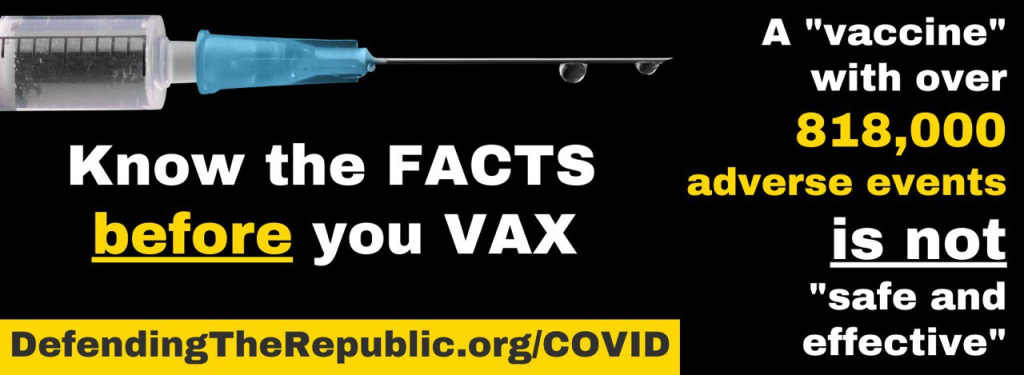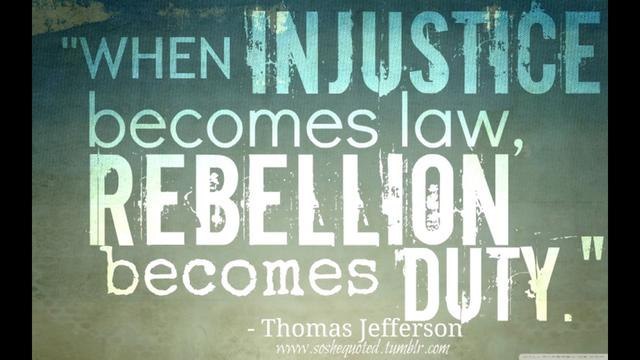Liberal democracies are passing online speech laws. They’re inspiring autocrats.

Nothing more sharply differentiates liberal democracies from authoritarian regimes than the former’s commitment to freedom of expression. Despite controlling vast bureaucracies with near-infinite resources and overwhelming coercive powers, democratic governments generally accept that their actions are scrutinized, criticized, and ridiculed by the media, opposition, and ordinary citizens. Outspoken critics of Boris Johnson or Emmanuel Macron don’t have to zealously guard their teacups for fear of being poisoned, as happens routinely to critics of Vladimir Putin in Russia, nor are they at risk of being dismembered by a death squad, as happened to Saudi journalist Jamal Khashoggi.
In the past decade or so, however, the differences between liberal and authoritarian approaches have started to blur at the edges when it comes to regulating online speech. As late as the Arab Spring, most democracies welcomed the digital age as a triumph of liberal ideals. Supercharged by technology, free speech would render old-fashioned censorship obsolete and usher in a fourth wave of democratization. Yet, since the twin shocks of Brexit and the 2016 U.S. presidential election, democracies are more likely to view unmediated online free speech as a threat to democracy and an advantage to its enemies. Accordingly, democracies have started to respond with regulations intended to reimpose some degree of top-down control of the online public sphere.
The imposition of heavy penalties on social media platforms for failing to remove certain online content was initiated by the German Network Enforcement Act of 2017. This “Digital Berlin Wall” was intended to protect democracy by fining social media companies that permitted the spread of “clearly illegal” content on their platforms. Soon, however, it became the global blueprint for online censorship. By 2020, the German model had spread to over 25 countries worldwide, including a raft of authoritarian states like Belarus, Turkey, Venezuela, and Russia, many of whom explicitly mention the German precedent as inspiration and justification. Unfortunately, European democracies have not been discouraged by this development and more are set to follow the German route with various tweaks and modifications.
The U.K. Government’s proposed Online Safety Bill is a particularly egregious example of the lengths to which modern democracies are willing to go to rein in the torrent of disinformation, hatred, and extremism online.
Briefly put, the bill would not only impose a duty of care on internet companies to protect users from illegal content, such as child sexual abuse, terrorist content, or other “priority illegal content” like racist abuse. It would, perhaps more disconcertingly, require similar scrutiny for content that, while harmful, is not illegal on its face. Companies and social media platforms might be fined up to £18 million or 10% of annual global revenue (whichever is higher) if they fail to remove such content.
British legal experts (which I’m not) have warned against the bill’s many pitfalls. According to the British NGO Big Brother Watch, “the Bill introduces state-backed censorship and monitoring on a scale never seen before in a liberal democracy.” The draft safety bill’s removal requirement is vague and overbroad, as the emphasis is on trying to patrol an amorphous conglomerate of “harms”—some illegal, others just offensive or merely unpleasant. Determining what content is illegal is a notoriously onerous exercise when moderating at scale, given how humor, slang, images, and other context make it difficult to establish the proper meaning and intent of the content.
Accordingly, establishing what constitutes legal but harmful content is an even more daunting task, and one that poses a serious threat to online free speech in the U.K. The bill’s threshold of what might cause “psychological impact” or harm to “an adult of ordinary sensibility” is remarkably unclear, raising concerns that platforms might be inclined to over-censor content under the threat of heavy fines. By requiring platforms to “minimize the presence of priority illegal content,” the safety bill also departs from 20 years of European Union policy, which restricts the types of general “monitoring obligations” that nations may impose upon social media platforms.
More fundamentally, punishing platforms for failing to remove legal content based on what will inevitably be a subjective definition of “harmful” is a dangerous move, leading the U.K.’s policing of speech astray from the narrow path of the rule of law. In a liberal democracy, the rule of law demands that restrictions on speech must not only reflect concrete and tangible harms but also be clearly defined so that citizens, journalists, and civil society actors can foresee when their speech is likely to fall afoul of the law. It is no coincidence that in illiberal regimes the plasticity and opacity of speech restrictions is a feature, not a bug—intentionally designed to chill speech and provide maximum flexibility to government censors concerned with protecting the government from its citizens rather than the other way around.
One way to blur the lines between illegal and harmful content is to expand the definition of the former to include more of the latter. The Joint Committee appointed by Parliament to consider the safety bill, along with the U.K. Law Commission’s latest project on reforming communication offenses, are now pushing for criminal sanctions for posting misinformation and to broaden the ambit of illegal harm to include other categories of speech such as “misogynistic communications.” In addition, the Law Commission proposed criminalizing the spread of “false communications” intended to cause non-trivial emotional, psychological or physical harm. The Joint Committee, in its December 2021 report released last week, endorsed this idea. Accordingly, these 21st century proposals now include language mirroring an English law from 1275 that criminalized the distribution of “any false News or Tales” sowing “discord” between the King and his people. This is hardly a sign of progress.
Even worse, the criminalization of “fake news” mirrors developments in authoritarian states where Covid-19 has given rise to a censorship pandemic, in which governments in an increasing number of countries including Zimbabwe, Cambodia, Turkey, and Egypt have used the very real threat from Covid-19 to adopt and justify emergency laws against false information drafted or interpreted so broadly as to target information and opinions deemed undesirable by the government more broadly.
This development threatens the most vulnerable and persecuted voices who most need social media to circumvent censorship and government propaganda. When Twitter suspended President Donald Trump’s account, the currently imprisoned Russian opposition leader Alexey Navalny noted that “this precedent will be exploited by the enemies of freedom of speech around the world. In Russia as well. Every time when they need to silence someone, they will say: ‘this is just common practice, even Trump got blocked on Twitter.’” Likewise, the Pakistani digital rights activist Nighat Dad recently noted that “some of the regulations in the Global South are copy-pasted from the Global North” and that “what is proposed in the Global North can damage communities in our part of the world.”
Navalny and Dad’s warnings are prescient. In Putin’s Russia, the government regulator Roskomnadzor—a Russian version of OFCOM—has forced platforms like TikTok, YouTube, and Instagram to enforce the regime’s red lines, which have included removing content calling for and documenting anti-government protests. In Pakistan, new draconian laws allow the Pakistan Telecommunication Authority to censor online content violating the “Glory of Islam,” the “security of Pakistan,” “criticism of the armed forces,” and Pakistan’s “relationships with friendly countries.”
Laws like the Online Safety Bill and the German Network Enforcement Act are unlikely to result in as severe consequences for free speech in the U.K. and Germany as has been the case in Russia, Egypt, or Pakistan. But if the European regulatory race to the bottom continues unabated in the decades to come, the essential difference may end up as a matter of degree rather than of kind.
Jacob Mchangama is the founder of Justitia, a Copenhagen-based think tank promoting the rule of law and fundamental human rights. He is also the author of the forthcoming book Free Speech: A History From Socrates to Social Media.
https://www.persuasion.community/p/a-race-to-the-bottom-on-internet-ded

_______________________________
If you are looking for solutions (lawyer, form, gathering, action, antidote, maybe this could help you:
HERE
If you want to fight back better:
https://childrenshealthdefense.org/child-health-topics/health-freedom/defender-days-sticker-gallery/
If you like our work please consider to donate :




Glutathione (most important for body detoxification) or better
NAC = N-Acetyl-Cysteine 600-750mg (causes the body to produce glutathione itself)
Zinc
Astaxantin 5mg (also improves vision)
Quercetin
vitamin D3
Milk thistle (also liver and stomach protection)
Melatonin 1mg to 10mg (against 5G)
Alternatively CDS/CDL and zeolite
Dr. Zelenko’s Protocol contains Ivermectin, Hydroxychloroquine (HCQ), Zinc, Vitamin D3, and Quercetin.
 RSS Feed
RSS Feed















 December 26th, 2021
December 26th, 2021  Awake Goy
Awake Goy  Posted in
Posted in  Tags:
Tags: 













